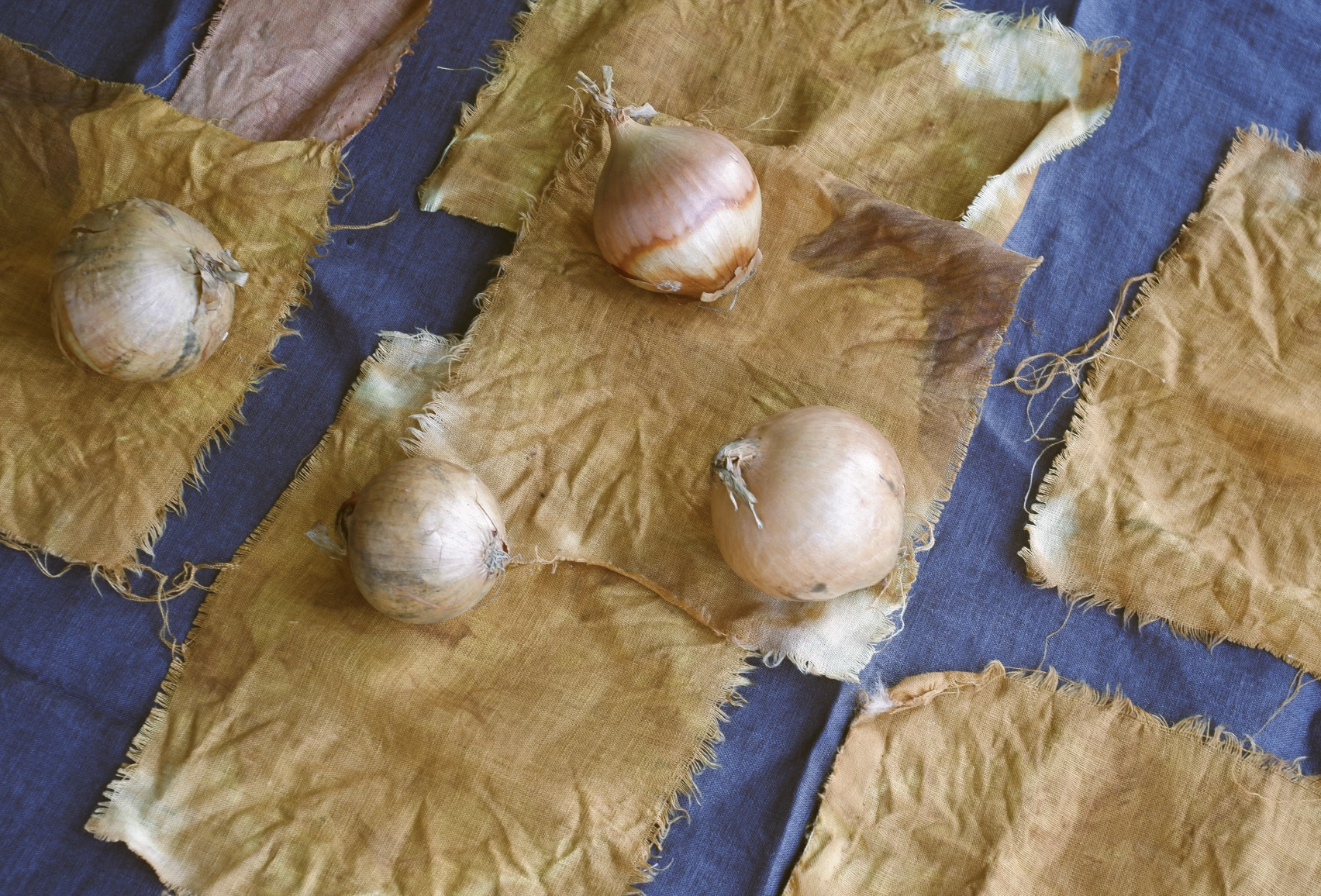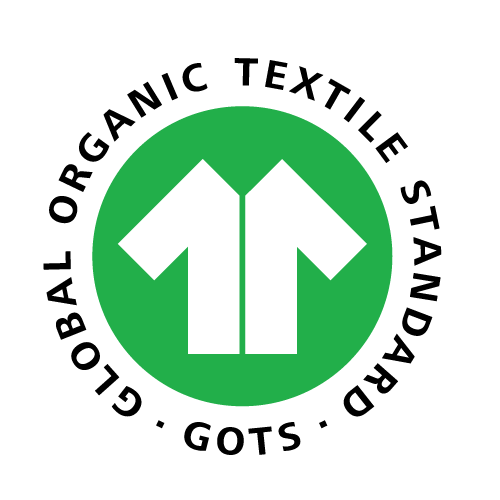As consumers become more aware of the environmental and health impacts of traditional textile dyeing methods, there has been a surge of interest in plant-based dyeing techniques. Not only do plant-based dyes offer a sustainable alternative to synthetic dyes, but they also boast numerous health benefits, including remarkable microbial properties.
Sustainable Dyes with Plants
The practice of dyeing textiles with plants dates back centuries, with civilizations around the globe utilizing natural materials to infuse fabrics with vibrant colors. Today, this ancient art has experienced a renaissance as designers, brands, and consumers alike seek eco-friendly alternatives to synthetic dyes.
Plant-based dyes are derived from a variety of natural sources, including roots, leaves, flowers, and bark. Unlike synthetic dyes, which often contain harmful chemicals and heavy metals, plant-based dyes are non-toxic and biodegradable, making them an environmentally friendly choice.
Health Benefits of Plant-Based Dyes
One of the most compelling reasons to embrace plant-based dyeing is its inherent health benefits. Synthetic dyes have long been associated with a host of health concerns, including skin irritation, allergies, and even carcinogenic properties due to the presence of toxic compounds such as aromatic amines and heavy metals.
In contrast, plant-based dyes offer a safe and gentle alternative for both consumers and textile workers. These natural pigments are free from harmful chemicals, making them ideal for individuals with sensitive skin or allergies. Moreover, the process of extracting dyes from plants often involves minimal processing, further reducing the risk of exposure to toxins.
Microbial Properties
Research has shown that certain plant extracts exhibit antimicrobial activity, effectively inhibiting the growth of harmful bacteria and fungi on textile surfaces.
For example, natural dyes derived from plants such as indigo, turmeric, and madder root have been found to possess antimicrobial properties, making them a great choice for apparel.
Embracing a Healthier Future
At Q for Quinn, we prioritize using the cleanest, organic, and toxin-free materials when creating our basics. Our collection features both naturally plant-dyed and undyed basics.
The resurgence of plant-based dyeing represents a positive shift towards a more sustainable and health-conscious approach to textile production. By harnessing the natural pigments and microbial properties of plants, fabrics can continue to be bold and vibrant but also contribute to a healthier planet.
Shop our latest plant-dyed basics now.


















Leave a comment